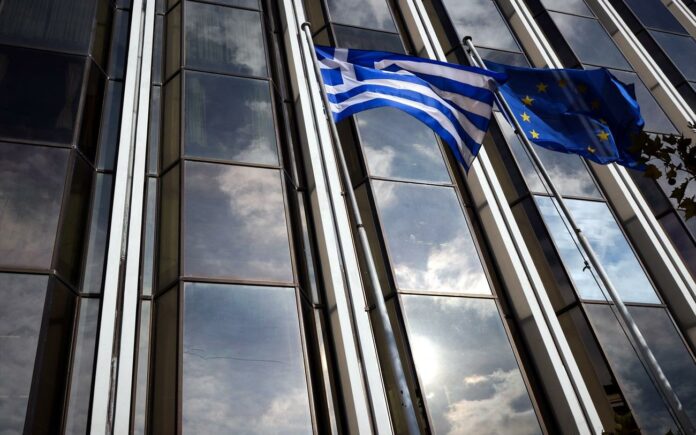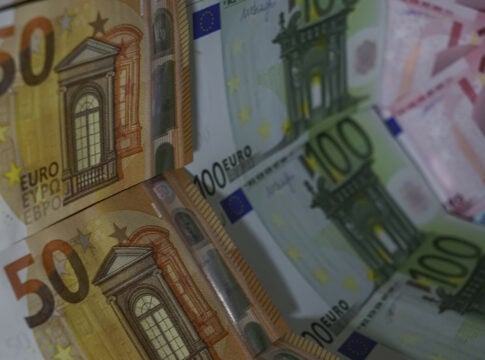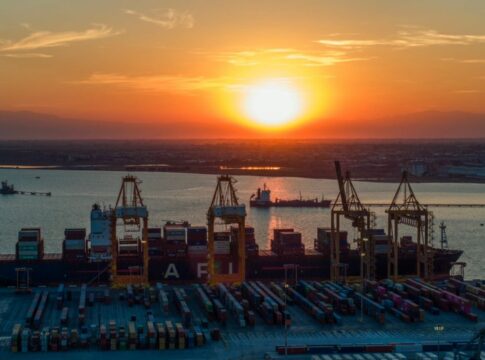Greece recorded “the largest percentage increase in the volume of investments in the European Union,” according to the announcement of the Finance Ministry.
This is true, but equally true is the fact that Greece ranks last in the European Union in terms of investment as a percentage of GDP.
According to Eurostat data, investments (gross fixed capital formation) constitute a little less than 14% of the total GDP, when the average in the European Union and the Eurozone is 21.8% and 21.6% respectively.
Of course, we should not ignore the progress that has been made as in 2019 investments were even lower, at 10.7% of GDP. For the sake of comparison, it is worth mentioning that in 2008 investments made up 22.9% of GDP. Despite the increase in investments during the last period, Greece has not managed to rise from the last place in the European Union. Therefore, investments are probably not the strong point of the Greek economy and the satisfaction of the Ministry of Finance is not justified.
Imports and exports
The announcement of the Ministry of Finance also noted that Greece presents “the largest percentage increase in the share of global exports of goods.”
Public debt
The reduction of public debt in recent years is perhaps the most important positive development of the Greek economy. However, there are three points that need clarification. The first is that the Greek public debt as a percentage of GDP, despite its reduction, remains the highest in the European Union, by far. The second is that although the debt has decreased as a percentage of GDP, it has increased in nominal terms. The third is that the decline in the debt-to-GDP ratio is mainly due to inflation and the resulting increase in nominal GDP.














